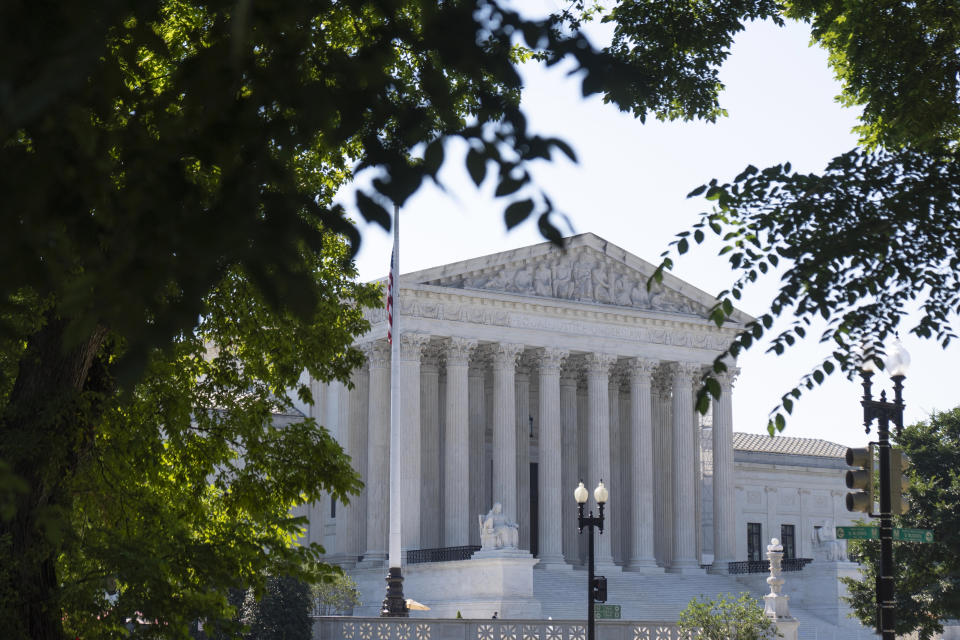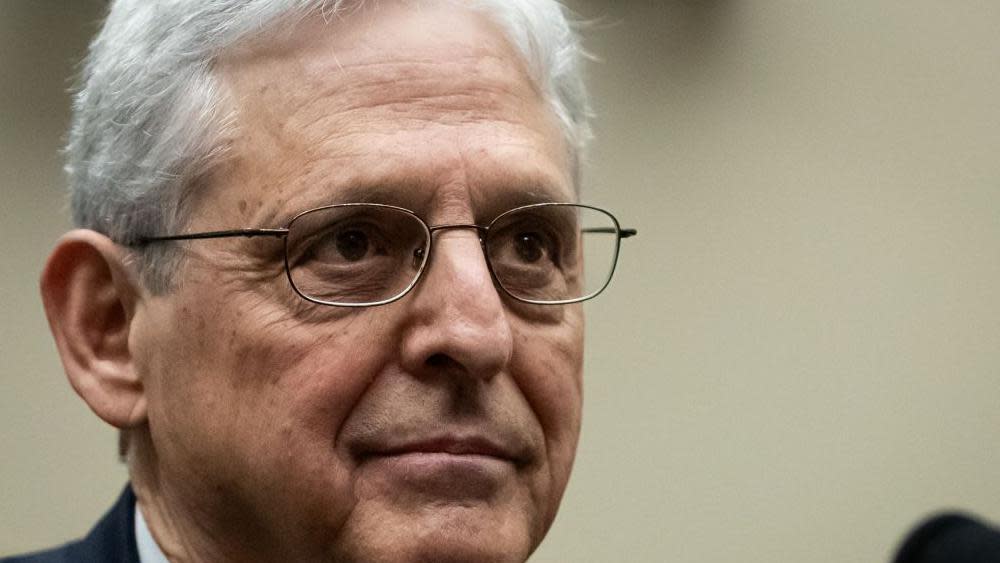The New York Times – Guest Opinion
I Know What America’s Leading C.E.O.s Really Think of Donald Trump
By Jeffrey A. Sonnenfeld – June 23, 2024
Dr. Sonnenfeld is the president of the Yale Chief Executive Leadership Institute.

Recent headlines suggest that our nation’s business leaders are embracing the presidential candidate Donald Trump. His campaign would have you believe that our nation’s top chief executives are returning to support Mr. Trump for president, touting declarations of support from some prominent financiers like Steve Schwarzman and David Sacks.
That is far from the truth. They didn’t flock to him before, and they certainly aren’t flocking to him now. Mr. Trump continues to suffer from the lowest level of corporate support in the history of the Republican Party.
I know this because I work with roughly 1,000 chief executives a year, running a school for them, which I started 35 years ago, and I speak with business leaders almost every day. Our surveys show that 60 to 70 percent of them are registered Republicans.
The reality is that the top corporate leaders working today, like many Americans, aren’t entirely comfortable with either Mr. Trump or President Biden. But they largely like — or at least can tolerate — one of them. They truly fear the other.
If you want the most telling data point on corporate America’s lack of enthusiasm for Mr. Trump, look where they are investing their money. Not a single Fortune 100 chief executive has donated to the candidate so far this year, which indicates a major break from overwhelming business and executive support for Republican presidential candidates dating back over a century, to the days of Taft and stretching through Coolidge and the Bushes, all of whom had dozens of major company heads donating to their campaigns.
Mr. Trump secured the White House partly by tapping into the anticorporate, populist messaging of Bernie Sanders, who was then a candidate, a move that Mr. Trump discussed with me when I met him in 2015. The strategy might have won voters but did little to enhance Mr. Trump’s image with the business community. And while a number of chief executives tried to work with Mr. Trump as they would with any incumbent president and many celebrated his move to cut the corporate tax rate, wariness persisted.
Several chief executives resented Mr. Trump’s personal attacks on businesses through divide-and-conquer tactics, meddling and pitting competitors against each other publicly. Scores of them rushed to distance themselves from Mr. Trump’s more provocative stances, resigning en masse from his business advisory councils in 2017 after he equated antiracism activists with white supremacists. Dozens of them openly called for Mr. Trump’s impeachment in 2021 after the Jan. 6 insurrection.
Big business’s relationship and likelihood of future support for Mr. Biden is complicated. The president has also adopted populist stances toward business, though he has chafed at pressure from progressives to be even more combative. Nevertheless, chief executives commonly rail at what they view as excessively restrictive antitrust enforcement and misguided attacks on corporate greed.
But there are pluses in the Biden column as well: investments in infrastructure to rebuild highways and bridges, which will help reduce supply chain disruptions; government support for domestic chip making and electric vehicle production; record corporate profits and exuberant financial markets burying fears of a widely anticipated recession; the successful transformation of the United States into the world’s largest oil and natural gas producer.
And their legitimate misgivings about Mr. Biden are overwhelmed by worries about Mr. Trump, version 2024. Mr. Trump’s primary conduits to the business community in his first term — more-reasonable voices like those of Jared Kushner, Dina Powell and Steven Mnuchin — are gone, replaced by MAGA extremists and junior varsity opportunists.
The MAGA die-hard voices that have Mr. Trump’s ear often have more in common with the far left than with the traditional Republican Party. Mr. Trump and his team are doubling down on some of his most anti-business instincts, including proposing draconian 10 percent tariffs on all imports; unorthodox monetary and fiscal policies, including stripping the Federal Reserve Board of its independence; possibly putting in place yield curve control to force interest rates lower; and devaluing the dollar — all of which would drive inflation much higher. These Trump positions have more in common with Karl Marx than Adam Smith.
With two or three prominent exceptions, most business voices now hanging around the hoop would normally be in the minor leagues of Republican business supporters. The party must long for the days of President Dwight Eisenhower, when there were so many business leaders in support and fully 60 percent of his cabinet were chief executives.
As such, it was hardly surprising that just as when Mr. Trump faced a chilly reaction from hundreds of top executives when he spoke at my Yale Chief Executive summit in 2005, he appeared to face a similarly frigid reception when he spoke to the Business Roundtable this month, with no noticeable applause at any point during his “remarkably meandering” remarks, according to CNBC’s Andrew Ross Sorkin, and with Mr. Trump assuming a subdued, if not hostile, posture. Chief executives are not protectionist, isolationist or xenophobic, and they believe in investing where there is the rule of law, not the law of rulers.
That there are more Fortune 100 chief executives based in the smallest state in the nation, Rhode Island — and there’s exactly one Fortune 100 chief executive who is based there — than currently support Mr. Trump tells you how truly isolated the Republican presidential candidate is from the halls of big business.
More on business:
Courting C.E.O.s, Trump Says He Intends to Cut Corporate Taxes Again – June 13, 2024
Business and a Second Trump Term – April 17, 2024
Is Corporate America in Denial About Trump? – April 7, 2024
Jeffrey A. Sonnenfeld is a professor in the practice of leadership at the Yale School of Management and the president of the Yale Chief Executive Leadership Institute.










